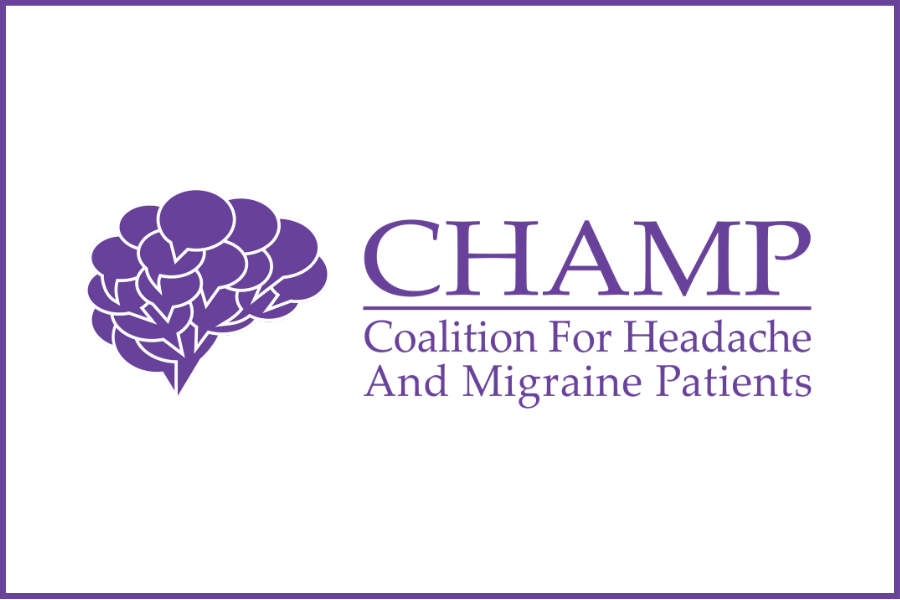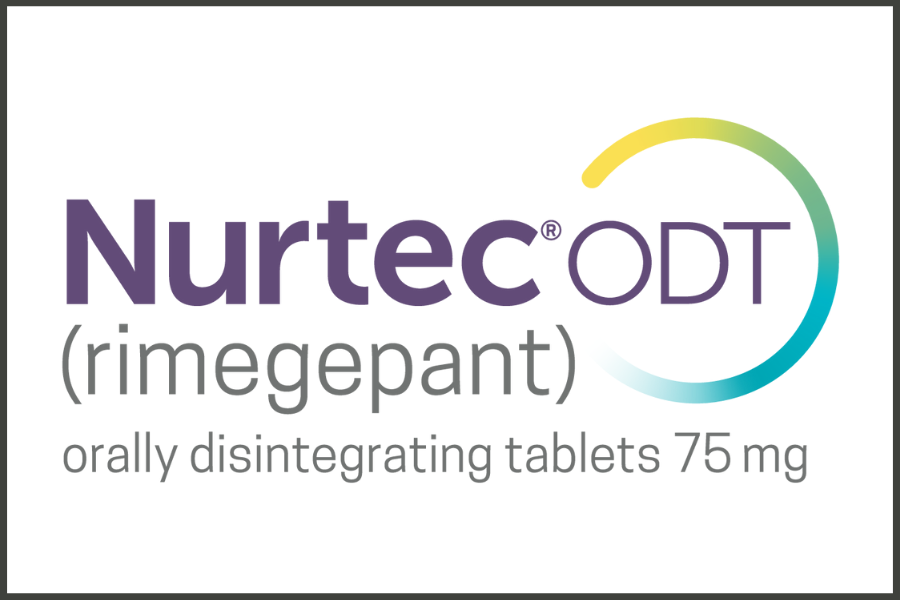Autoimmune Disease and Migraine: A Closer Look
You are currently watching a preview of this interview. Unlock the full version by upgrading to an Access Pass bundle! Get FREE access to 8 expert interviews from Day 1 and Day 2 when you register today!
Key Questions
- What is autoimmune disease?
- What are the most common autoimmune disorders?
- How are migraine and inflammation linked?
- How might immune or autoimmune phenomena stimulate migraine?
- What are some symptoms of autoimmune disorders?
- How are autoimmune diseases diagnosed?
- Can infections cause autoimmune disorders?
- What special considerations should those with autoimmune conditions have regarding COVID-19?
- Do any common autoimmune disorders and migraine medications negatively affect each other?
- What medication considerations are important in treatment of both arthritis and migraine?
- How do you handle headache resulting from use of autoimmune disorder medications?
- What lifestyle and psychological factors should be evaluated in managing autoimmune disorders and migraine?
- When should someone see a doctor for their autoimmune disorder or migraine?
Please note: The Migraine World Summit’s aim is to bring you a variety of perspectives and expertise, independent of bias or judgment. Alternative theories presented in this video have not been medically-reviewed. Views expressed in this interview do not necessarily represent the views of the Migraine World Summit. Please always consult your healthcare professional and do your own research before making changes to your treatment plan.
Interview Notes
Find more about Peter McAllister, MD and his work here:
- Email: Peter@NENIH.com
- Instagram: HeadacheDocs
- Autoimmune Disease and Migraine: What’s the Link?
Treatments Mentioned
- Cialis
- Gepants
- Ibuprofen
- Levothyroxine
- Monoclonal antibodies (biologics)
- NSAIDs
- Prednisone
- Remicade
- Steroids

Peter McAllister, MD, FAAN
Medical Director
New England Institute for Neurology & Headache
Dr. Peter McAllister is board certified in neurology and headache medicine. He is the medical director of the New England Institute for Neurology and Headache and chief medical officer of the New England Institute for Clinical Research and Ki Clinical Research in Stamford, Connecticut.
Dr. McAllister is an associate professor of neurology at the Yale University School of Medicine and clinical professor of neurology and anatomy at the Frank H. Netter School of Medicine at Quinnipiac University. He is a Fellow of the American Academy of Neurology and an executive board member of the Headache Cooperative of New England.
He is recognized as a “Top Neurologist” by U.S. News & World Report and also listed as a “Top Doc” in Connecticut, metropolitan New York City, and Fairfield County. Dr. McAllister lectures internationally, has been a principal investigator on over 350 clinical trials, and has authored more than 100 articles and book chapters in the lay and scientific press.

Purchase full access to the entire 2024 Summit. Includes:
- All expert interviews with separate audio (MP3) files & transcripts
- Lifetime on-demand access with no annual fee to 2024 Summit
- Interview Summaries
- Treatment Guidelines
- And much more!
Related Talks for: Day 3 (2022)
Complementary and Integrative Treatments for Migraine
Elizabeth Leroux, MD, FRCPC
Inflammation Control as Migraine Control
Gretchen E. Tietjen, MD
Ehlers-Danlos, Connective Tissue Disorders & Migraine
Vince Martin, MD, AQH
The Coalition For Headache And Migraine Patients (CHAMP) is an organization that provides support to people with headache, migraine and cluster diseases who are often stigmatized and under-served.
Nurtec ODT (rimegepant) is a calcitonin gene-related peptide receptor antagonist indicated for the acute treatment of migraine with or without aura in adults and the preventive treatment of episodic migraine in adults. Prescription only. Don’t take if allergic to Nurtec ODT. The most common side effects were nausea, stomach pain/indigestion. See Important Safety Information and Prescribing Information at nurtec.com.

Adjust video play speed to go faster or slower. Calibrate video speed if you are feeling good or tired and foggy. You can also adjust the video resolution if your internet connection is busy.







